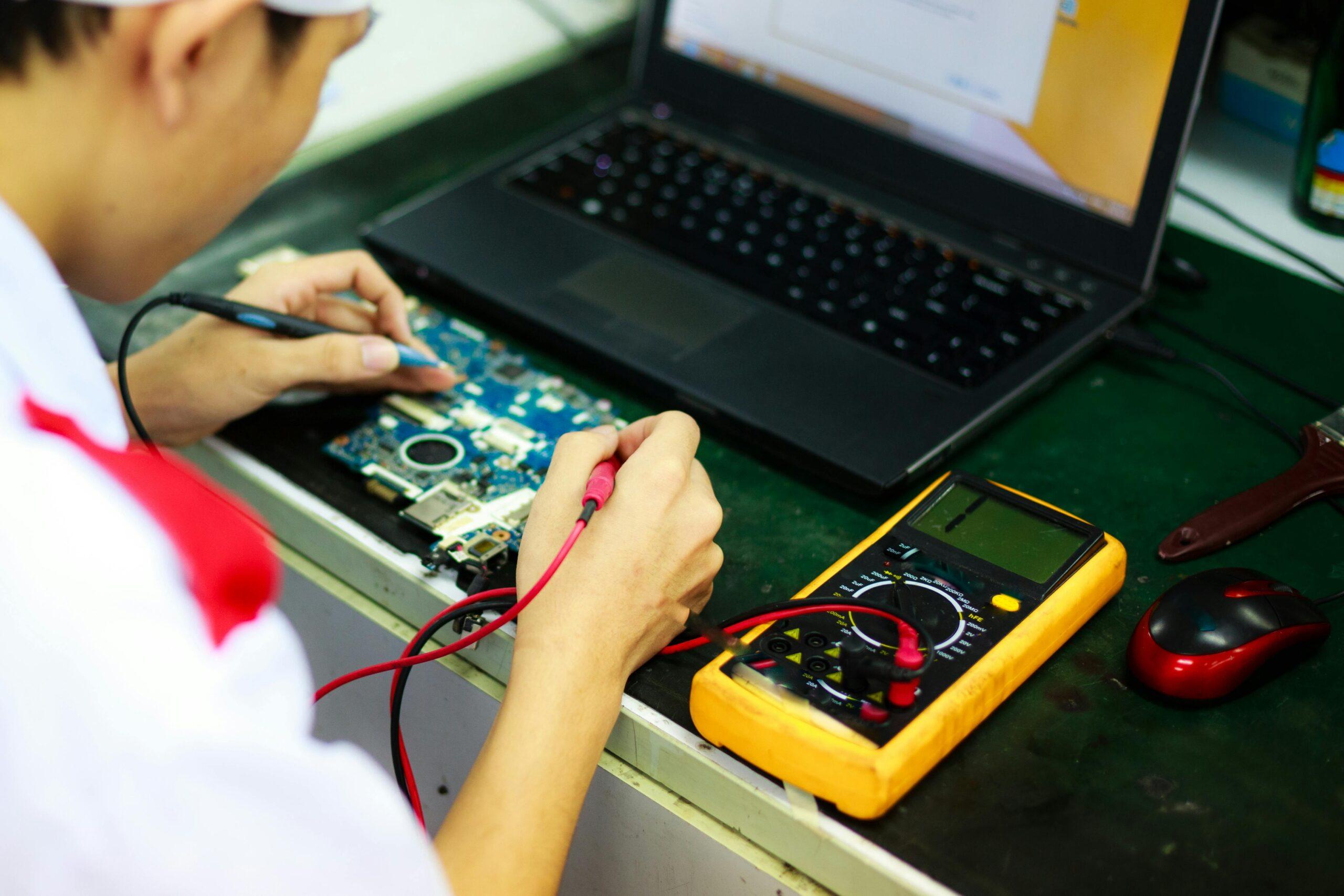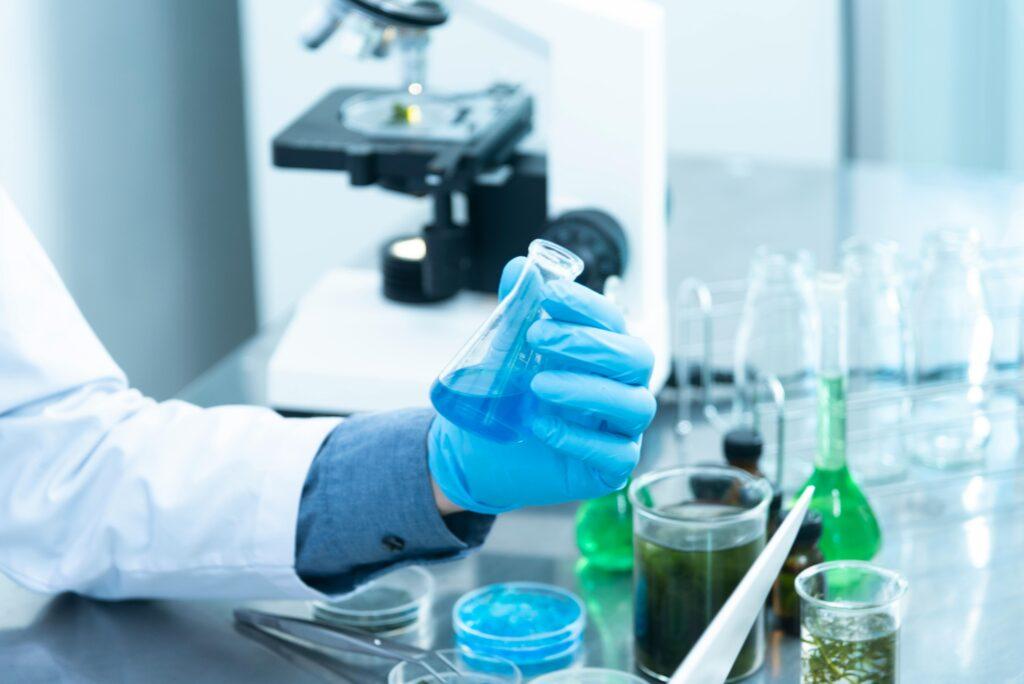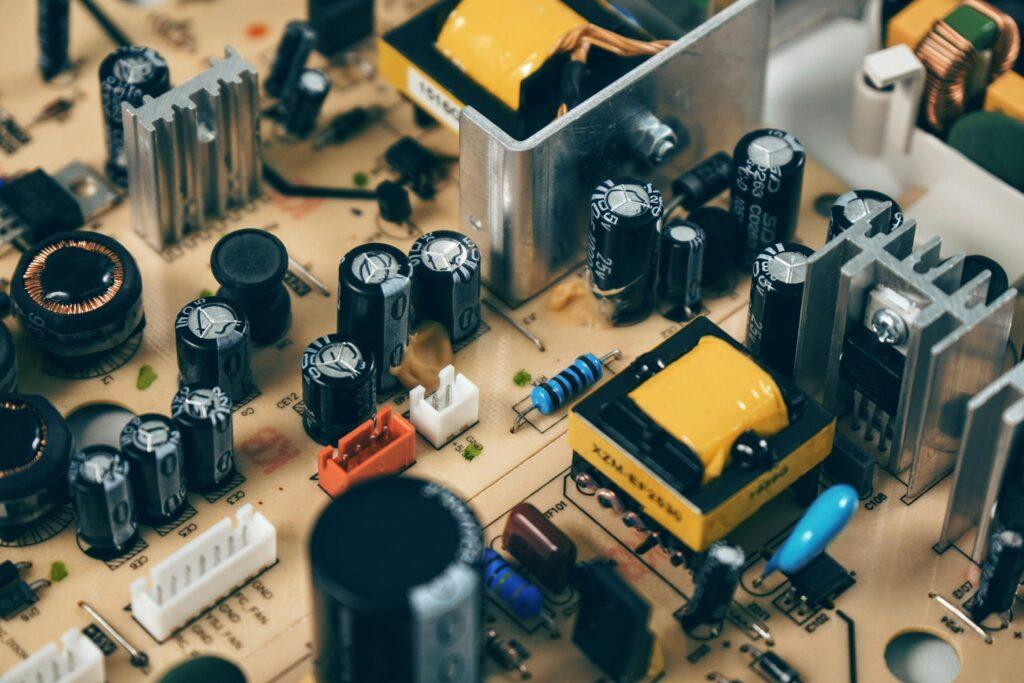Is Ethanol or Isopropyl Alcohol for Cleaning Electronics

Isopropyl Alcohol for Cleaning Electronics: Ethanol vs. Isopropyl Alcohol
When it comes to ethanol or isopropyl alcohol for cleaning electronics, selecting the right solvent is crucial for maintaining their integrity and functionality. Among the top contenders for this task are ethanol and isopropyl alcohol (IPA). Understanding their differences, applications, and advantages is key to making an informed choice.
Understanding Ethanol and Isopropyl Alcohol
Ethanol
Is a type of alcohol commonly found in alcoholic beverages. It’s a clear, colorless liquid that’s also used in various industrial and household applications. Ethanol is known for its ability to dissolve a wide range of substances and is considered relatively safe for use.
Isopropyl alcohol
Often referred to as rubbing alcohol, is another type of alcohol but with a different chemical structure. Like ethanol, it’s a clear, colorless liquid, but it’s specifically composed of isopropanol and is widely used as a solvent, disinfectant, and cleaning agent.

Choosing Ethanol Over Isopropyl Alcohol
While both ethanol and isopropyl alcohol are effective solvents, there are instances where choosing one over the other is preferred. Ethanol is often preferred for cleaning electronics in certain situations:
- Less Harsh: Ethanol is less harsh on some sensitive materials commonly found in electronics compared to isopropyl alcohol, making it a preferred choice for delicate components.
- Safety Considerations: Ethanol is generally considered safer and less toxic compared to isopropyl alcohol, reducing potential risks associated with exposure during cleaning processes.
- Compatibility: Some electronic components and sensitive surfaces might react better to ethanol, ensuring that the cleaning process doesn’t cause damage or corrosion.
Pros and Cons of Ethanol and Isopropyl Alcohol
Ethanol for Cleaning Electronics:
Pros:
- Widely available in various concentrations.
- Relatively less toxic and safer for use.
- Effective in removing certain types of contaminants without damaging surfaces.
Cons:
- May not be as effective in removing certain stubborn residues.
- Higher water content might not be suitable for all electronics.
Isopropyl Alcohol for Cleaning Electronics:
Pros:
- Excellent solvent for stubborn contaminants like grease and oils.
- Typically available in higher concentrations, allowing for faster evaporation.
- Can be effective for cleaning electronic components with more tolerance to harsher solvents.
Cons:
- Harsher on certain materials and surfaces, potentially causing damage or corrosion.
- More toxic compared to ethanol, requiring caution during use.

Wide Range of Uses
Both ethanol and isopropyl alcohol have diverse applications beyond electronics cleaning, but if you are focused on that, here is a step-by-step guide – click here:
Ethanol finds usage in:
- Pharmaceuticals and medical applications.
- Food and beverage industry for extraction and preservation.
- Fuel and energy production.
Isopropyl Alcohol is utilized in:
- Medical settings for disinfection.
- Cosmetics and personal care products.
- Industrial applications such as cleaning and degreasing.
Choosing Simple Solvents for Your Needs
When it comes to selecting the right solvent for your cleaning needs, Simple Solvents stands out as a reliable option. They offer a range of products tailored for specific applications, ensuring quality and efficiency. Their commitment to safety and effectiveness makes them an ideal choice for electronics cleaning.
Simple Solvents provide:
- Variety: Offering a range of solvents catering to different cleaning requirements, ensuring there’s a suitable solution for every electronic cleaning task.
- Quality Assurance: Their products undergo stringent quality checks, guaranteeing high-quality solvents that deliver effective cleaning without compromising the integrity of electronics.
- Safety Measures: Prioritizing safety, Simple Solvents provide detailed usage instructions and safety guidelines to ensure proper handling and minimize risks during the cleaning process.
Conclusion
In the debate of ethanol versus isopropyl alcohol for cleaning electronics, the choice depends on the specific needs of the task at hand. While ethanol is gentler and safer for certain materials, isopropyl alcohol’s effectiveness in removing stubborn contaminants is noteworthy. Simple Solvents, with their diverse range of high-quality products and emphasis on safety, emerge as a reliable option for anyone seeking efficient and safe solutions for electronics cleaning needs.
In conclusion, understanding the characteristics, pros, and cons of ethanol and isopropyl alcohol aids in making an informed decision, and opting for Simple Solvents ensures a quality-driven approach to electronics cleaning.
